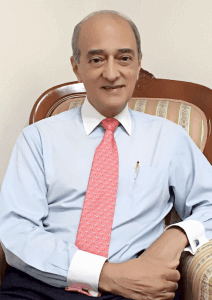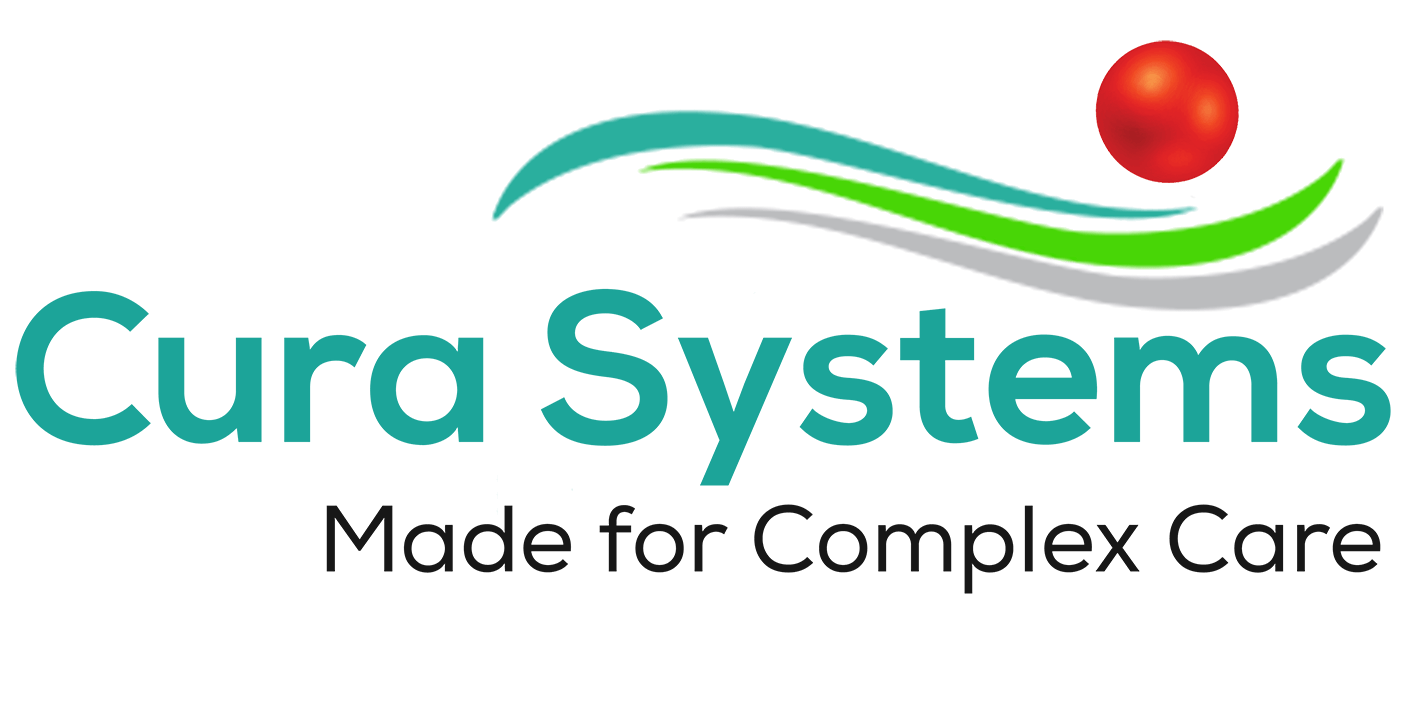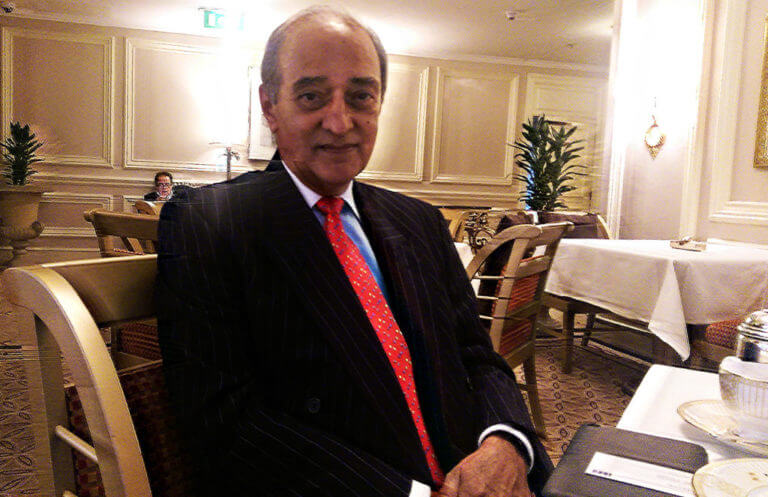Cura provides a solution to tedious paperwork
 A NATIONAL company is doing its bit to provide care homes across the country with an easier technological care planning sytem to tedious paper work.
A NATIONAL company is doing its bit to provide care homes across the country with an easier technological care planning sytem to tedious paper work.
Cura Advanced Technologies Ltd was founded by Abu Omar while he was caring for his elderly mother. He wanted to create a user friendly service that made care giver’s jobs easier and gave him piece of mind.
He said: “I’ve been in the IT business for about 35 years, my mother is 90 and I was thinking about what I would want to see if she was in a home, that’s where the idea for the business came. “My mother still travels a lot and it’s nice to know that my brothers can check in and see how she is doing using our technology.”
Point-of-care Software
The concept has three components: Cura Web, Cura Tablet and Cura Kin. It was rolled out in England last year. Abu added: “We started about 18 months ago with a lot of fact finding and research on what changes we had to make to our system for greater accessibility and compliance with UK standards and customer practices.”
The user friendly care planning system covers every aspect of the caring process, liberating caregivers from tedious paper work by providing them with an easy to use web based care home system, a tablet and a mobile care monitoring app. Abu said: “Today absolutely everybody can use a mobile phone, we wanted to create a type of technology that was as easy to use as a mobile phone.” The care planning system allows care givers to take vital information from residents and input it to their system instantly by using a user friendly tablet.
Abu added: “The CQC want people to be well looked after, safe and respected but there has to be evidence of that, we can provide technology that meets the demands and is easy to use and update.“ A home can be run perfectly very day of the year but on the day the inspector comes a dementia resident could say they don’t like the food, even if they don’t remember what they had to eat. “The care planning app allow care givers to input the information quickly and easily.”
Abu wanted to ensure that relatives were able to see exactly how their loved ones were doing, creating a social media style app, available on any smart phone that provides residents with a photo sharing platform. He added: “With the care homes approval and consent people involved in the caring process and residents next of kin can download an app and see what their grandma is doing, what she had for dinner and what activities she’s been involved in.”
Abu believes some care givers have the wrong mind set when it comes to technology because of past experiences with long winded and complicated care home systems, he want to change the way carers think about industry technology, seeing it as a helpful tool rather than a hindrance. “Caregivers are so busy they feel they don’t have time to use technology, computer systems have not been very kind and that’s given people the mindset they have to be fed in order to get anything done.
“We want to get them out of that mindset and get them to embrace technology.”
By Olivia Taylor
Caring UK Magazine – September 2016

 Too much time is wasted checking care plans, handing over from one carer to the next, and updating resident records. Even computer-based care planning systems take people away from their residents to input information into back office systems. Cura aims to change all that with a care planning system that delivers all its power at the point of care on a handheld tablet-based care management software.
Too much time is wasted checking care plans, handing over from one carer to the next, and updating resident records. Even computer-based care planning systems take people away from their residents to input information into back office systems. Cura aims to change all that with a care planning system that delivers all its power at the point of care on a handheld tablet-based care management software.